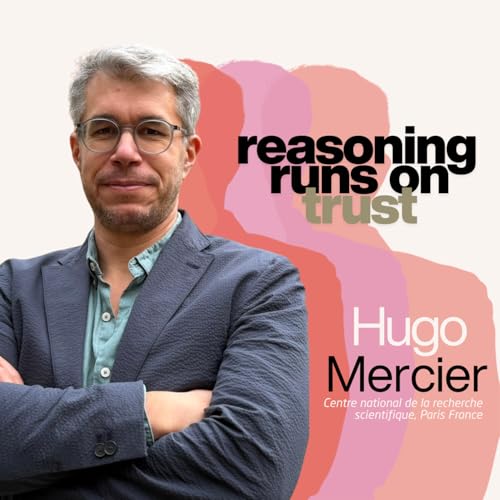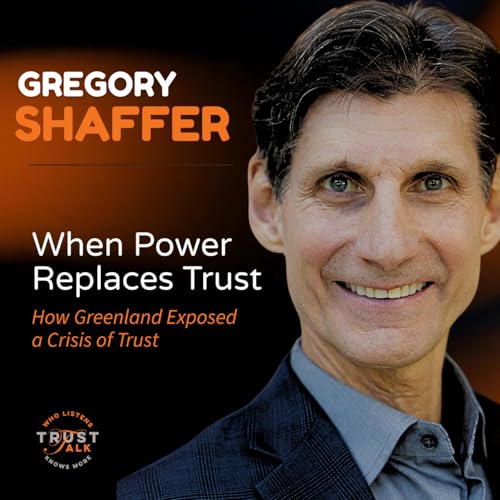Our guest, Kathryn Judge from Columbia Law School, explores how trust quietly sustains the financial system and why it becomes most visible when things start to break. She explains that in finance, trust means acting despite incomplete information. Depositors often have little insight into the health of their bank, yet they continue to keep money there, relying on signals, habits, and confidence. When that confidence falters, trust does not fade slowly. It snaps, as seen in the rapid bank runs of 2023. Judge points out that technology accelerates these reactions, while strong relationships, particularly in community banking, can still hold panic at bay.
We examine how post-2008 rules improved resilience but also created expectations that governments will always intervene. That expectation has its own dangers. If markets believe support is guaranteed, discipline erodes, and when the government reaches its limits, panic can spread even faster. Kathryn stresses that credible transparency paired with the ability to act remains essential. She highlights the successful stress tests after the financial crisis as a rare example where disclosure built trust instead of shaking it. Balance sheet strength, liquidity, and established human relationships continue to be powerful stabilizers.
We discuss the current political environment and the pressures facing central banks. The Federal Reserve’s independence, she notes, has always been fragile, designed to avoid short-term political influence over monetary policy. Once doubt about that independence grows, long-term inflation expectations and sovereign credibility can shift, which households eventually feel in the form of higher prices, interest rates, and economic uncertainty.
Kate Judge also touches on her work on the middleman economy, describing how long supply chains and platform-based systems create efficiency but reduce direct connection. Efficiency comes with fragility, and the loss of human connection makes trust harder to form and easier to lose.
Toward the end of the conversation, we move to Europe and the debate over Eurobonds. She explains that shared debt across EU member states could deepen trust and strengthen the financial system if supported by genuine political commitment. At the same time, linking national financial destinies increases scrutiny and potential friction. Trust and vulnerability rise together, and success would depend on a shared willingness to stand together in good times and in crisis.
Her core message is straightforward: trust makes finance work until the moment it breaks, and rebuilding it is far harder than maintaining it. Real stability comes from credible commitments, transparency paired with action, and deeper human and institutional relationships.
 Feb 19 202621 Min.
Feb 19 202621 Min. Feb 4 202623 Min.
Feb 4 202623 Min. Jan 22 202620 Min.
Jan 22 202620 Min. 26 Min.
26 Min. Dec 24 202511 Min.
Dec 24 202511 Min. 24 Min.
24 Min. 24 Min.
24 Min. Nov 13 202523 Min.
Nov 13 202523 Min.
